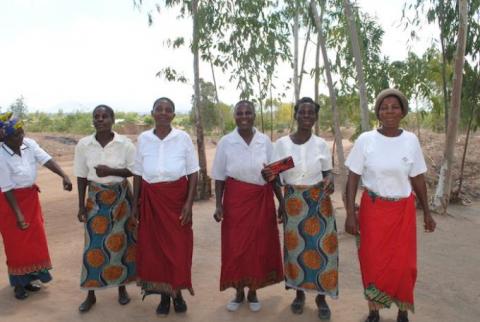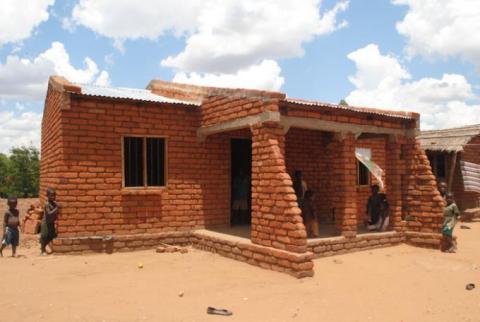Unlocking Women’s Potential Through Village Savings and Loans in Machinga
Meet Margret Stande. She’s a compilation of women I’ve met in Machinga district, rural Malawi – all facing dire circumstances and looking to Village Savings and Loans (VSL) for help.
Margret is aged 35 and has four children. She and her husband Stephano are subsistence farmers, just like the majority here, and harvest their crop of maize and Nandolo (cow peas) once a year. What they don’t eat, they sell. The proceeds must last for the next 12 months.
They must use the proceeds of the harvests sold to pay for school fees for their children. In addition, they must buy household needs from the same proceeds.
But the harvests they get are not enough. Most of the time, the food does not last a cycle. This means they have to borrow to finance their needs.
“The borrowing was hard because it attracted a lot of interest,” recalls Margret.
This is where the idea of joining VSL groups in their community came in.
So she joined Umodzi VSL group in Traditional Authority (TA) Liwonde District. She used to buy shares at MK200.00 each from the little she raised. Little did she know that that was the beginning of a new chapter in her life.
Twelve months after joining the group, Margret’s life has completely transformed. She is now able to pay school fees for three of her five children. The family is now able to have food throughout the year.
Being among 2.5 billion people worldwide who, according to The World Bank, don’t have a bank account, Margret is able to appreciate the benefits of being a member of a VSL group.
According to James Gausi, Learning and Knowledge Management Coordinator for the Social Cash Transfer Project, VSL groups help people learn to manage their finances rather than let their finances manage them.
“These function like small, informal credit unions. Members deposit their savings and can take out small, short-term loans. The members provide discipline and accountability to help all members save and thrive,” he explains.
Each group has a Chairperson, Secretary, Treasurer and two money counters. Money is stored in cashboxes with two or three locks. Multiple group members take possession of one key to maintain accountability and transparency. Groups meet every week or every other week. Members then take out loans, normally at an interest rate that is agreeable to them, usually in the range of 10 to 30 percent. These loans provide fair and accessible credit for micro-businesses or for major life events, such as weddings, medical expenses or a funeral. They also maintain a social fund to make no-interest loans to members who experience an emergency.
“The group retains the interest as loans are repaid. The rate of loan repayment is extremely high. Trust and positive relationships are at the heart of savings group success,” he adds.
Since trust is a foundational ingredient, each Savings Group selects its members carefully.
At the end of a year, groups clear out their books and each person receives the amount they saved plus a portion of interest the group made on the loans. Then they start over again. This year Margret received MK57, 800.00 – an amount she could only dream of previously.
Today, Margret has become a pillar of hope for other women in the area.
“I thought I could not manage this but I have proved that women too can. Other women now come to me to ask for support.” She explains with a smile. That gives her more courage.
Just like Margret, over hundred other women have benefitted from such groups in the area.
Written by Collins Mhango, Knowledge Management Officer
 Malawi
Malawi 
